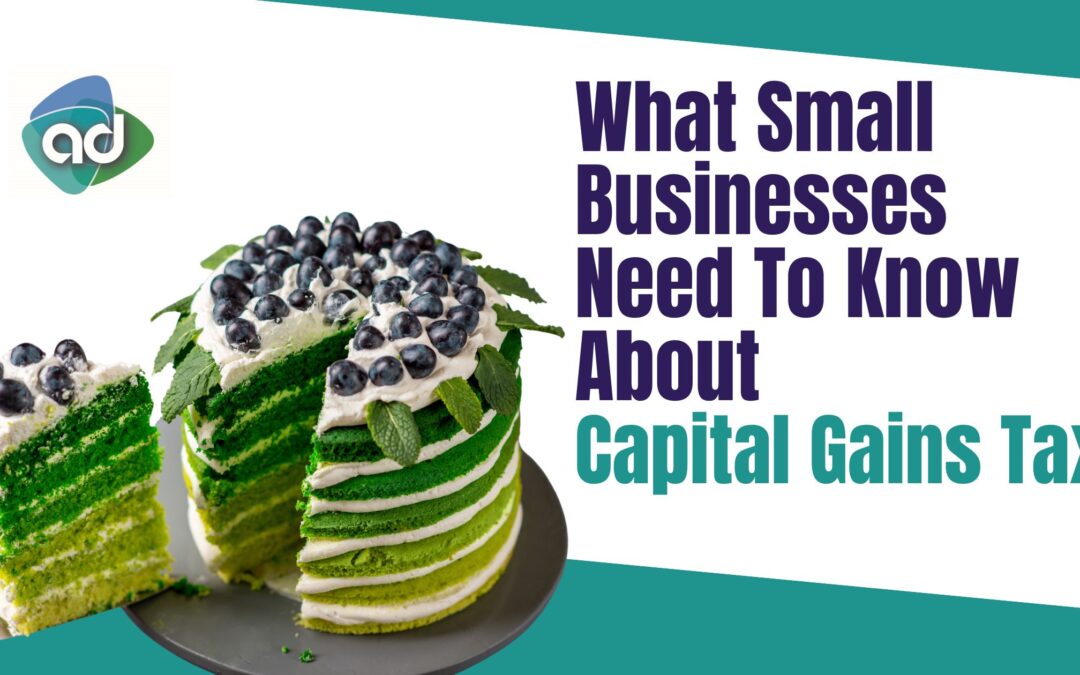With the general election approaching, there’s an air of uncertainty that could significantly impact small and medium-sized enterprises (SMEs) across the UK.
One of the most pressing concerns for business owners is the potential changes to capital gains tax (CGT).
As the backbone of the UK economy, SMEs rely heavily on private investment to fuel growth and innovation.
But what happens if the rules around CGT change?
Let’s dive into a topic that might not be as thrilling as your latest business venture, but it’s just as crucial – capital gains tax.
What is Capital Gains Tax?
Capital gains tax is a levy on the profit realised from the sale of a non-inventory asset, such as property, stocks, or business shares.
For small business owners, this typically comes into play when they sell their business or shares in their company.
The current rates are lower than income tax rates, making it an attractive option for investors and entrepreneurs alike.
The Role of Private Investment
Private investors are crucial to the growth of SMEs.
Private equity investment accounted for a significant portion of the UK’s total investment last year.
These investors are often willing to take significant risks to support small businesses, providing not just capital but also strategic support and expertise.
Potential Impact of Raising CGT
Raising CGT to align with income tax rates has been a topic of discussion for both Conservatives and Labour.
The logic behind this move is straightforward: it’s perceived as a tax on the wealthy, which could increase public revenue without upsetting the broader electorate.
However, the reality for SMEs could be far more complex and challenging.
Investment Deterrence: If CGT rates rise, private investors might find the risks outweigh the rewards. According to recent surveys, nearly half (49%) of high-net-worth investors indicated they would reduce their allocation to private equities if CGT rates were increased. This potential reduction in available investment could hinder the growth and ambitions of many small businesses.
Entrepreneurial Motivation: For entrepreneurs, the prospect of a higher CGT rate can be discouraging. Building a business often involves years of hard work, financial risk, and personal sacrifice. If the rewards are significantly diminished by higher taxes upon selling the business, many might question whether the effort is worth it.
A Broader Economic Impact
The potential reduction in private investment doesn’t just affect individual businesses; it has broader economic implications.
SMEs contribute significantly to the UK economy, accounting for three-fifths of employment and about half of private sector turnover, according to the Federation of Small Businesses. If these businesses struggle to grow or even survive due to reduced investment, it could lead to fewer jobs, lower tax receipts, and slower economic growth.
Uncertain Future
The looming uncertainty around CGT is problematic. Businesses need a stable, predictable tax environment to plan for the future.
Uncertainty can lead to hesitation and conservatism in business decisions, which can stifle innovation and growth.
Martin Lewis’ Statistics
To put things in perspective, Martin Lewis highlighted some interesting statistics from HMRC:
- Basic and savers rate taxpayers have increased by 6.8% from 2021/22 to 29.9 million in 2024/25.
- Higher rate taxpayers have surged by 42.6% to 6.3 million in the same period.
- Additional rate taxpayers have risen by a staggering 117.1% to 1.13 million
These numbers reflect a broader trend of increasing tax burdens. If CGT rates are hiked, it could exacerbate this trend, particularly for those involved in the SME sector.
Why It Matters
SMEs are the lifeblood of the UK economy. Any changes to tax policy, particularly CGT, need to carefully consider their impact on this vital sector. Here’s why it matters:
Economic Contribution: SMEs play a crucial role in job creation and economic growth. If their growth is stifled due to reduced investment, the entire economy can suffer.
Business Confidence: A predictable tax environment fosters confidence among business owners and investors. Uncertainty around CGT can lead to hesitancy, affecting business expansion and innovation.
Investment Decisions: Investors need assurance that their risks will be rewarded. Higher CGT rates could deter investment in SMEs, leading to a decrease in available capital for growth.
As the election nears and political manifestos are scrutinised, the future of CGT remains a critical concern for small business owners and investors.
While the goal of raising public revenue is understandable, the potential side effects on private investment and entrepreneurial motivation are significant.
Any changes to tax policy need to carefully consider their impact on SMEs.
For small businesses, the key takeaway is to stay informed and prepared. Understanding the potential changes and how they might affect your business can help you make strategic decisions in these uncertain times.
And as always, seeking professional advice from trusted accountants like Accounts Direct can provide the guidance you need to navigate these complex issues.
Need more guidance on capital gains tax and its implications for your business? Get in touch with us at Accounts Direct, and let’s make sure your business is ready to face any challenge that comes its way!

